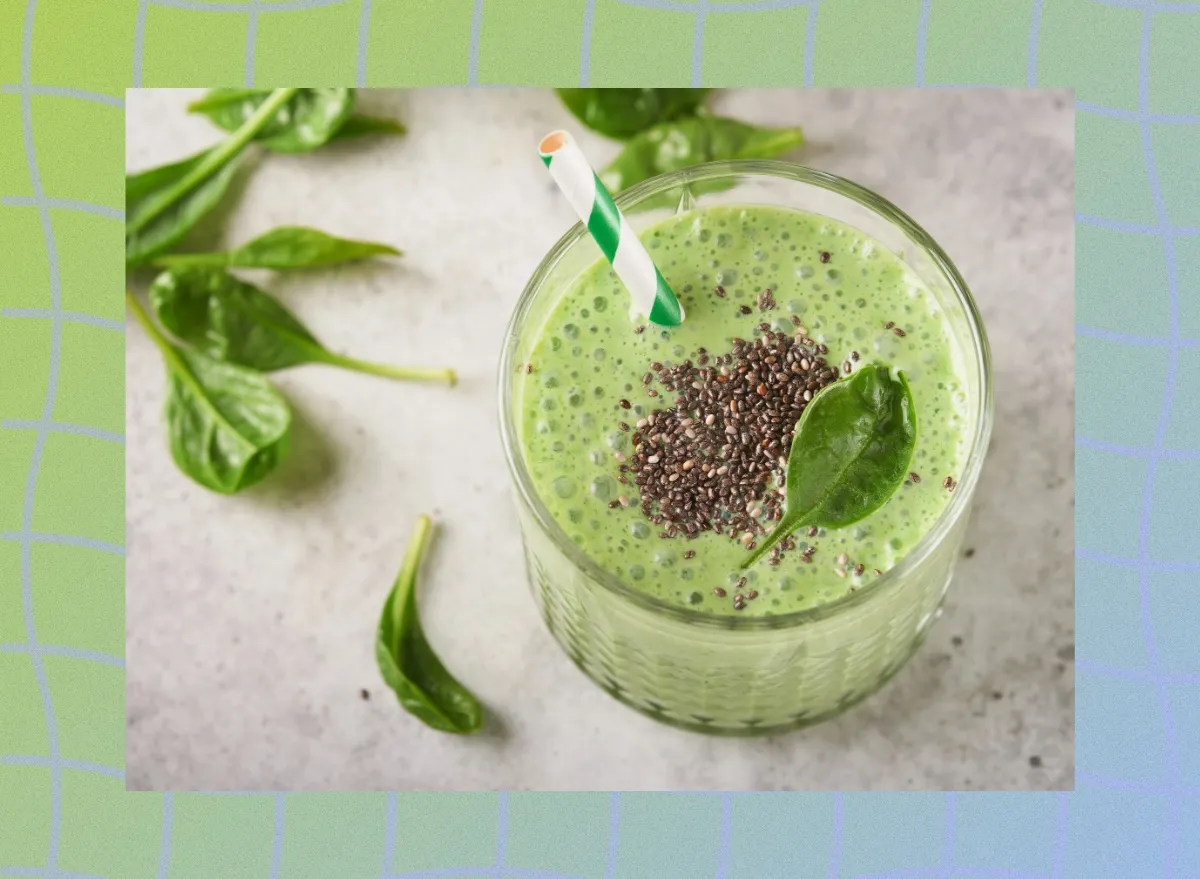
The UK’s vaccination programme has been highly successful. Even US President Joe Biden has praised its speedy rollout. With over 54 percent of the UK fully vaccinated to date, the Government has announced its intention to extend the vaccine scheme further, vaccinating some children. But what do the scientists say?
The Joint Committee on Vaccination and Immunisation (JCVI) is advising that children between the ages of 12-17, who are at increased risk from Covid are offered a vaccine.
The JCVI isn’t advising that all children should be vaccinated – only those children considered at risk from Covid.
This includes kids aged 12 to 15 with severe neurodisabilities, Down’s syndrome, immunosuppression and multiple or severe learning disabilities.
The JCVI adds those aged 12 to 17 who live with an immunosuppressed person in their household should be offered the vaccine to protect them.
READ MORE: How to live longer: Drink water to boost longevity
Existing advice already recommends that young people aged 16 to 17 with underlying health conditions which put them at higher risk of serious Covid should’ve already been offered a jab.
Vaccine minister Nadhim Zahawi has confirmed those over 12 with a higher risk of getting ill if they catch Covid will be offered the vaccine.
This means around 370,000 kids will be eligible for the Pfizer-BioNTech vaccine, the only vaccine currently approved for use in kids aged 12 – 17 in the UK.
The decision to vaccinate children has proved controversial amongst some of the UK’s leading scientists, with many doubting its effectiveness.
READ RELATED: Don't panic! Ten reasons there is so much less to fear from a second wave of coronavirus
Less than 30 under 18s have died with Covid in the UK.
Prof Anthony Harnden, the deputy chairman of the JCVI, said: “The primary aim of the vaccination programme has always been to prevent hospitalisations and deaths.
“Based on the fact that previously well children, if they do get Covid-19, are likely to have a very mild form of the disease, the health benefits of vaccinating them are small.”
Some have backed the decision, such as Dr Stephen Griffin, Associate Professor in the School of Medicine, University of Leeds.
DON’T MISS:
They also add there isn’t any strong evidence that giving under 18s the vaccine could stop them from developing long Covid.
But in recent weeks Covid cases have soared amongst younger age groups in comparison to older age groups, who are more likely to be protected by the vaccine.
Some argue that children should be vaccinated, not to protect under 18s from the virus, but to protect others – especially the immunosuppressed who might not be able to take up the vaccine.
Dr Julian Tang, professor of respiratory sciences at the University of Leicester told Sky News: “For the younger population spreading the virus to those not yet vaccinated, together with long-Covid risks in those who are infected, and then the long-term community [and] social healthcare burden that goes with that becomes the main problem.”
Source: Daily Express










